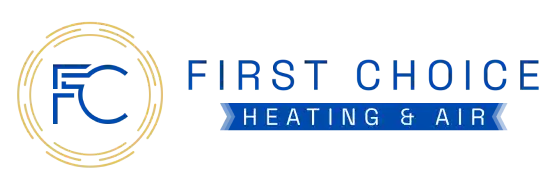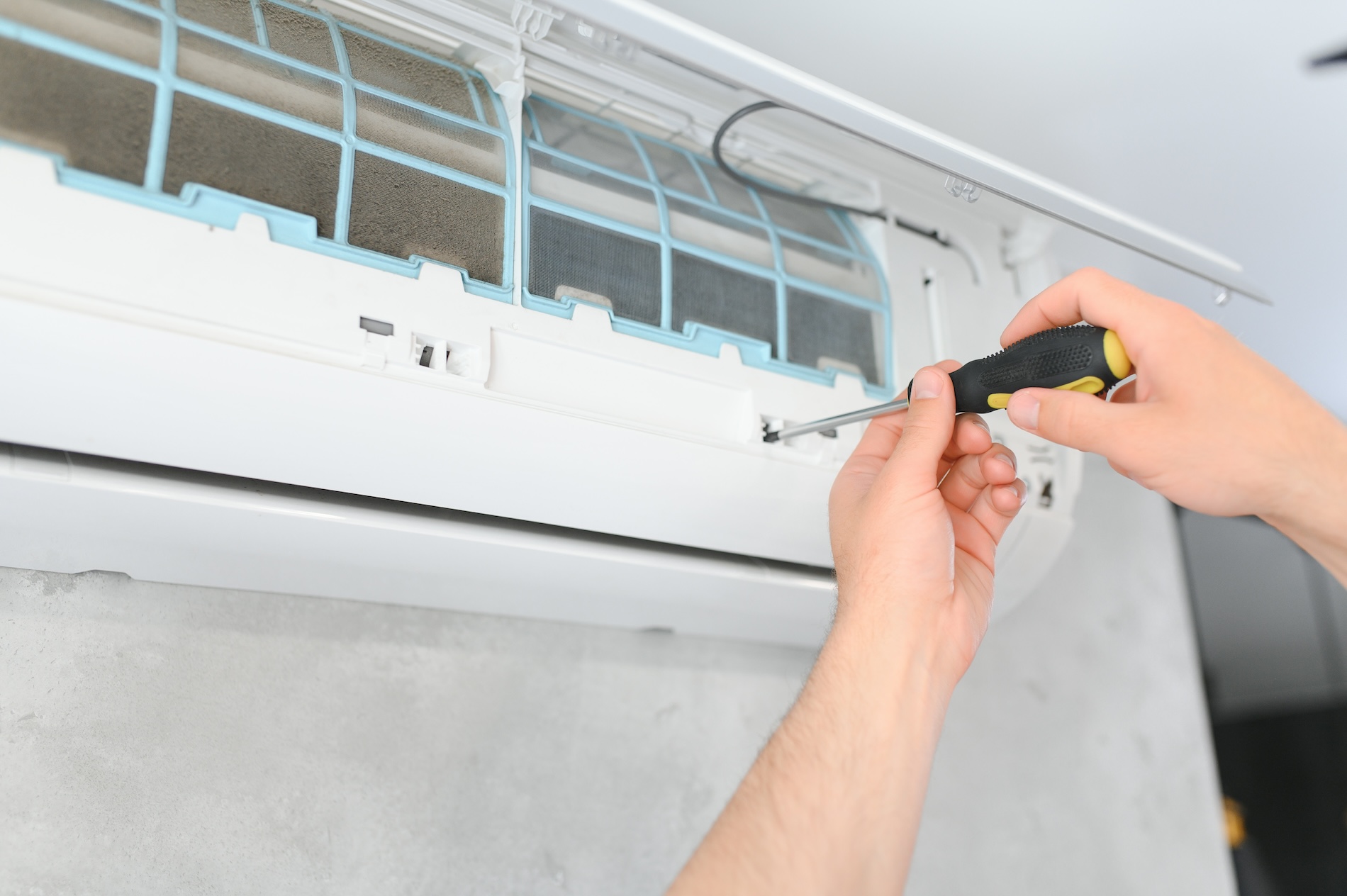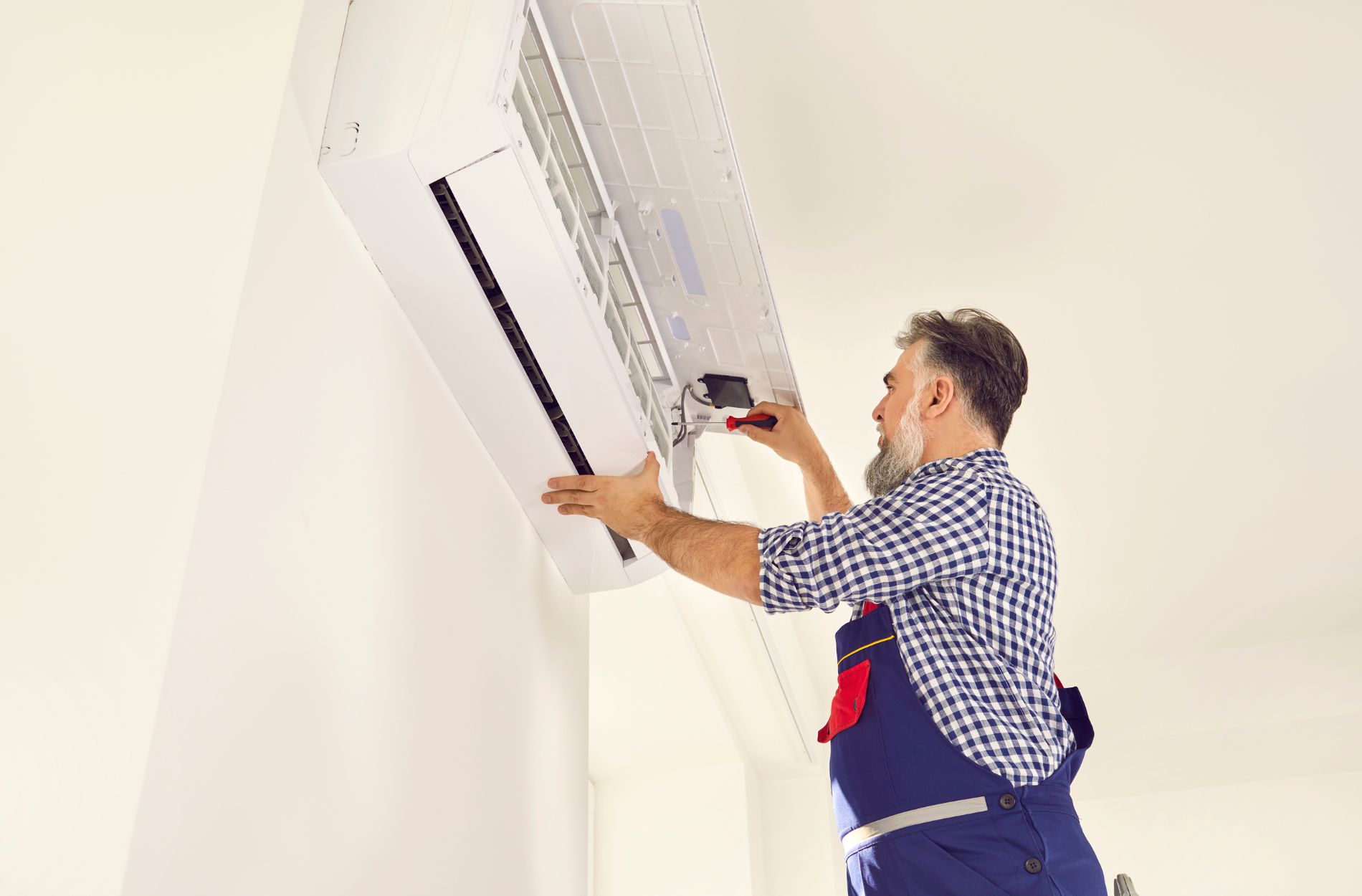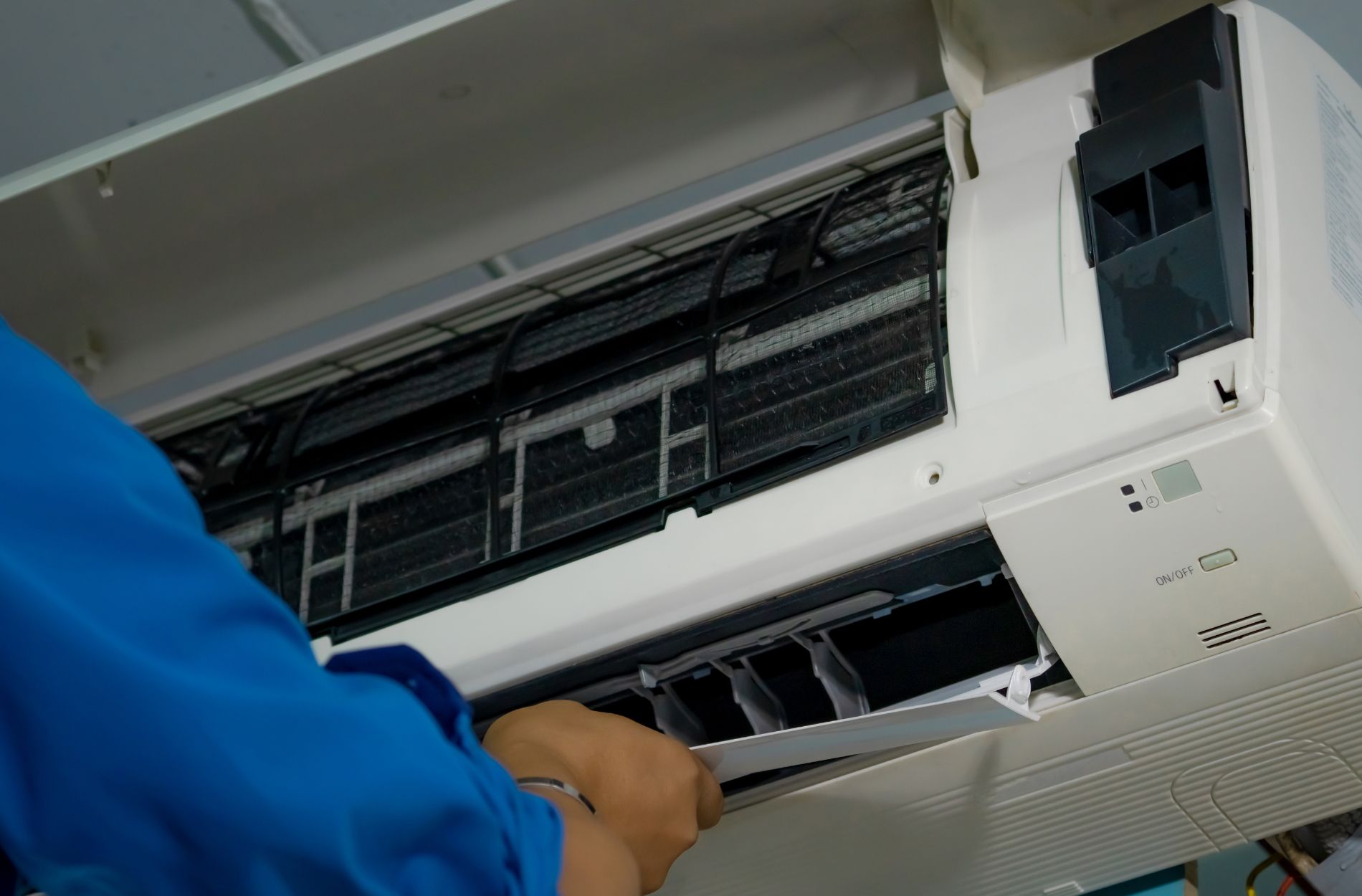Selecting the ideal cooling system for your residential, commercial, or new construction property can be a daunting task. With various options available, it’s essential to understand the key differences between heat pumps and traditional air conditioning systems to determine the best solution for your specific needs. Both systems have their advantages and drawbacks, and ultimately, the choice will depend on factors such as energy efficiency, climate, flexibility, and installation costs.
Whether you are focusing on energy efficiency, flexibility, or long-term cost savings, understanding the differences between heat pumps and traditional air conditioning systems can help you find the best option for your property. Let’s dive into a detailed comparison of these cooling solutions and learn which one is most suitable for your needs.
Heat Pump Basics
Heat pumps are versatile HVAC systems that can provide both heating and cooling for your property. They work by transferring heat from the outdoor air or ground to the indoors during the winter months and reversing the process in the summer months. This method of heat transfer makes heat pumps highly energy-efficient and environmentally friendly, as they do not generate heat but merely move it from one place to another. Heat pumps are available in three main types: air source, ground source, and water source. Each type has its advantages and limitations, depending on factors such as climate and installation costs.
Traditional Air Conditioning Systems
Traditional air conditioning systems, also known as central air conditioners or split-system air conditioners, work by removing heat and humidity from the indoor air and transferring it outside. A central air conditioning system comprises two main components: an indoor evaporator coil and an outdoor condenser unit. The system uses a refrigerant to absorb heat from the indoor air as it passes through the evaporator coil, then releases this heat outdoors through the condenser unit. These systems are widely used for cooling properties in regions with hot and humid summers and are typically powered by electricity or natural gas.
Comparing Energy Efficiency
One of the most critical factors to consider when choosing between a heat pump and a traditional air conditioner is energy efficiency. In general, heat pumps are more energy-efficient than traditional air conditioning systems because they transfer heat rather than generate it. Consequently, heat pumps require less energy to perform their cooling function than conventional air conditioning systems. However, heat pump efficiency can vary depending on the type and climate. For example, air-source heat pumps are typically most efficient in moderate climates, while ground-source heat pumps can maintain higher efficiency levels in colder climates.
Traditional air conditioning systems can also be energy-efficient if they are properly sized and equipped with energy-saving features, such as variable-speed fan motors and advanced thermostats. Nevertheless, heat pumps tend to have the edge in this category, especially if you are also considering your property’s heating needs.
Installation Costs and Flexibility
The cost of installing a heat pump or a traditional air conditioning system will depend on various factors, like the size of your property, existing HVAC infrastructure, and type of system. Generally, air-source heat pumps have similar installation costs to central air conditioning systems. However, ground-source and water-source heat pumps can have higher installation costs due to the need for specialized drilling and excavation. It’s essential to consider these upfront costs when making your decision and factor in potential long-term energy savings.
As for flexibility, heat pumps offer a significant advantage in that they can provide both heating and cooling functions, eliminating the need for separate systems. This feature can simplify your HVAC setup, reduce maintenance requirements, and save valuable space in your property.
Climate Considerations
The climate in your region plays a significant role when choosing between a heat pump and a traditional air conditioning system. In moderate climates with mild winters, a heat pump can be an ideal choice due to its ability to provide year-round heating and cooling with high energy efficiency. However, in regions with very cold winters, an air-source heat pump may become less efficient, and you might need a supplemental heating source.
In contrast, traditional air conditioning systems excel in hot, humid climates, where their primary focus is cooling. They provide excellent dehumidification and temperature control, ensuring your property stays comfortable even during the hottest summer days.
Consulting with Our Professionals
Our experts are committed to helping you make the right decision for your property’s heating and cooling needs. We can provide personalized guidance on the advantages and drawbacks of heat pumps and traditional air conditioning systems, taking into account factors such as energy efficiency, installation costs, and climate suitability. Additionally, our skilled technicians are well-equipped to handle your system’s installation, maintenance, and repair requirements, ensuring that your chosen HVAC solution operates at peak performance.
Conclusion
Both heat pumps and traditional air conditioning systems have their merits, depending on your property’s unique requirements and the climate in your region. By carefully considering factors such as energy efficiency, installation costs, flexibility, and suitability for your climate, you can make an informed decision in choosing the ideal cooling solution for your residential, commercial, or new construction property.
When you’re ready to invest in a heating and cooling system tailored to your needs, contact our professionals at First Choice Heating & Air today for expert advice and top-notch AC installation in Bluffdale, UT, to ensure your property remains comfortable and energy-efficient all year round.






